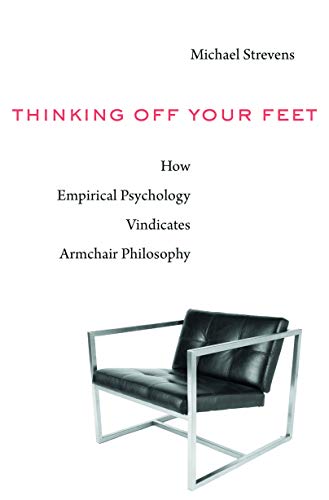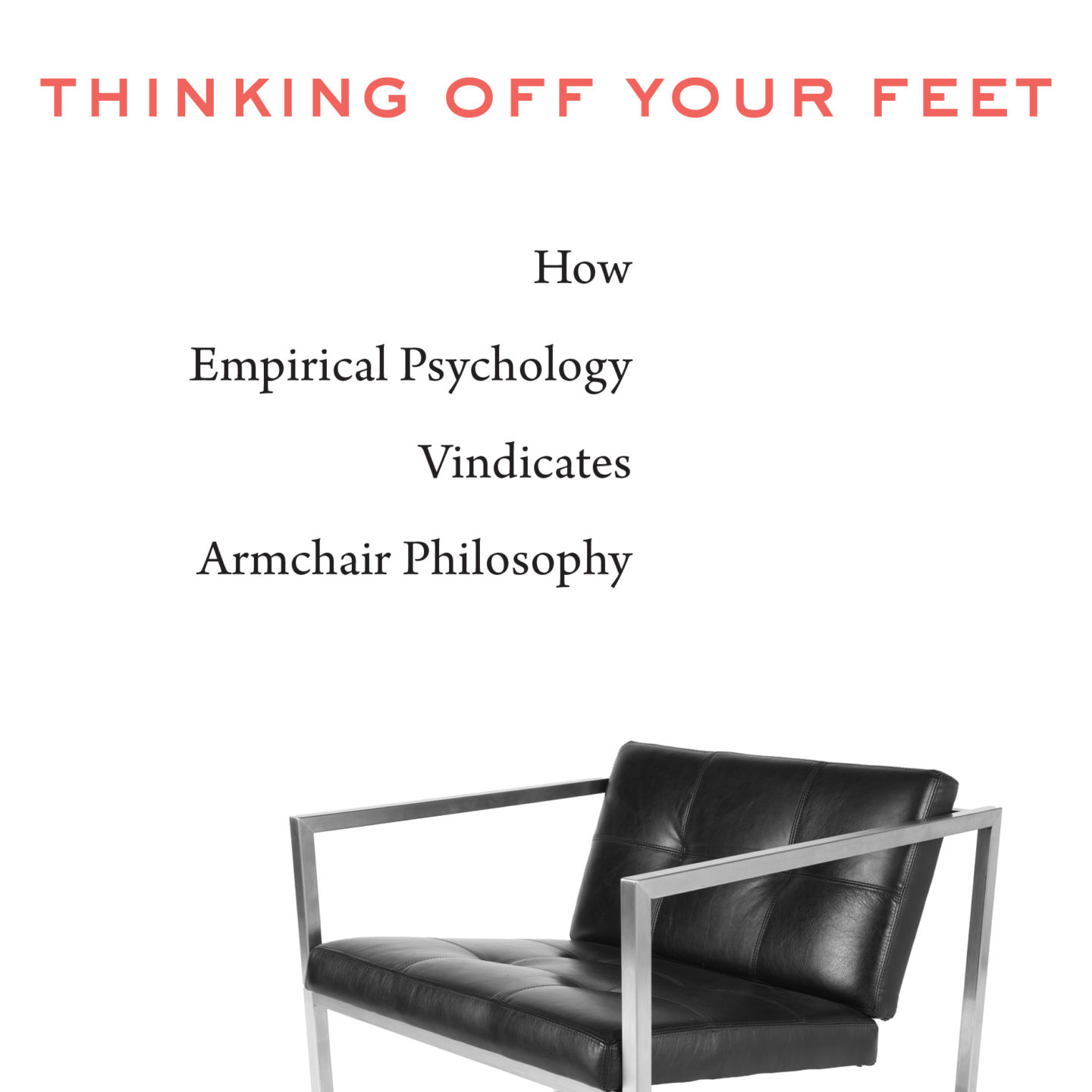The Reliability of Case Judgments
If the “theory-theory“ of concepts sketched in the previous post is correct, then we begin the philosophical analysis of a category such as knowledge equipped with nothing more than some rudimentary beliefs about the place of knowledge in the explanatory order. These beliefs may paint a rather partial or even …



